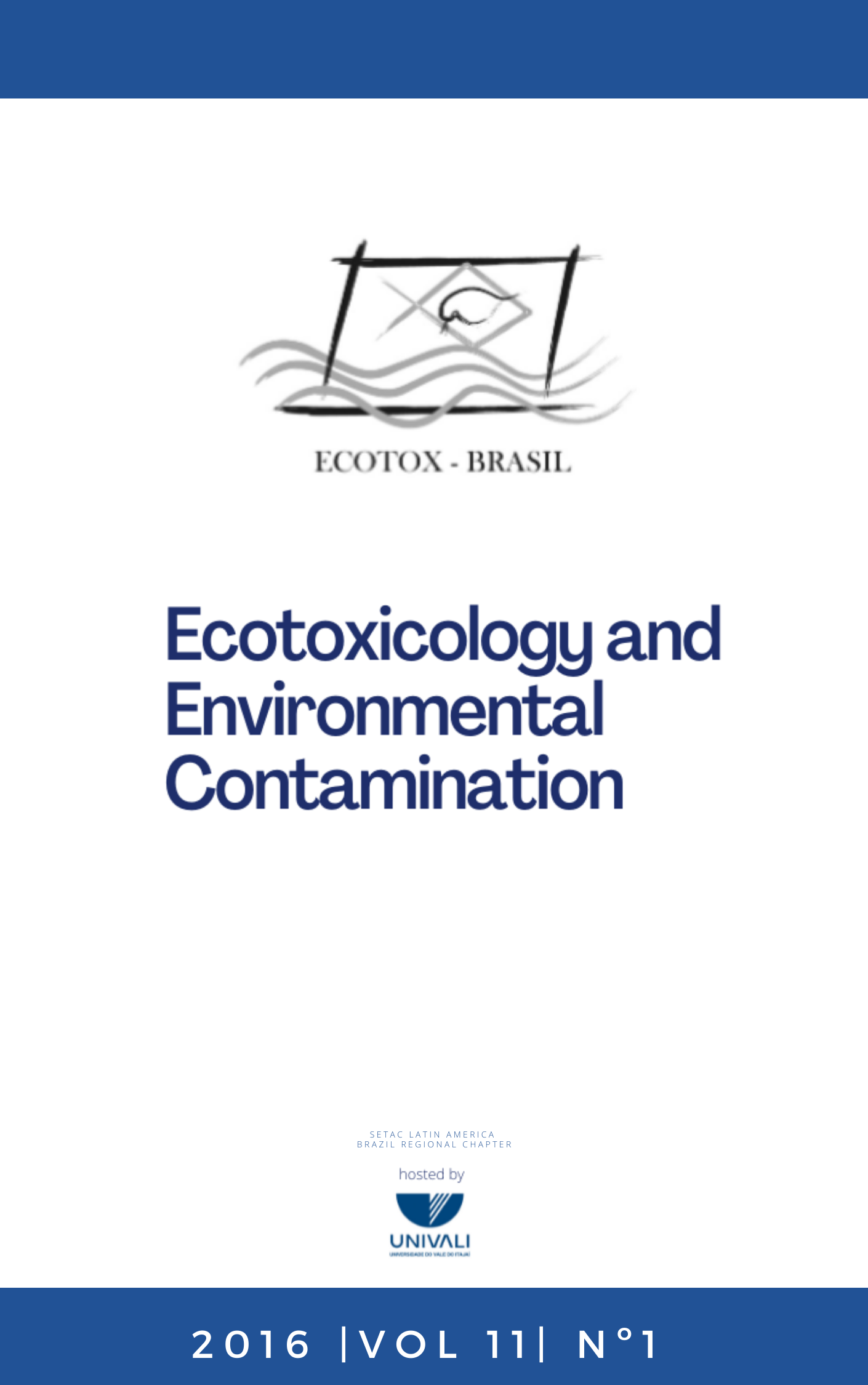Confounding factors in biomonitoring using fish
DOI:
https://doi.org/10.5132/eec.2016.01.08Abstract
Pollution of water ecosystems is considered one of the most serious problems in the current days. In order to predict the effects of pollutants present in the water before overt disease and/or death in aquatic biota, bioindicators, as fish, and biomarkers have been widely used in biomonitoring studies. Notwithstanding, biomarkers responses might be modulated by non-pollutant
factors and not only by environmental contaminants. As these premises are not always observed, this review attempts to explore confounding factors related to the modulation of the biomarker responses applied in biomonitoring studies. Among others, gender, temperature and feeding habitat are some factors which affect biomarker responses. However, the use of this tool is still important to assess the health of aquatic ecosystems. Thus, it is strongly recommended to use different biomarkers and, whenever possible, to analyze water and sediment physicochemical parameters.
Downloads
Downloads
Published
How to Cite
Issue
Section
License
Copyright © 2006 ECOTOX-Brasil
Copyright notice: It is a condition for publication that manuscripts submitted to this journal have not yet been published and will not be simultaneously submitted or published elsewhere. By submitting a manuscript, the authors agree that copyright for their article is transferred to the Sociedade Brasileira de Ecotoxicologia (ECOTOX-Brasil) if and when the article is accepted for publication. The copyright covers the exclusive rights to reproduce and distribute articles, including reprints, photographic reproductions or any other reproduction of a similar nature, including translations. No part of this publication may be reproduced, stored in a retrieval system or transmitted in any form or by any means, electronic, mechanical, photocopying, recording or otherwise, without permission of the publisher.
Notice: While every effort is made by the EEC, editors and editorial board to see that no inaccurate or misleading data, opinions or statements appear in this journal, they wish to make it clear that the contents of the articles and advertisements published herein are the sole responsibility of the contributors or advertisers concerned. Accordingly, the EEC, the editorial board and editors and their respective employees, officers and agents accept no responsibility or liability whatsoever for the consequences of any inaccurate or misleading data, opinion or statement.




